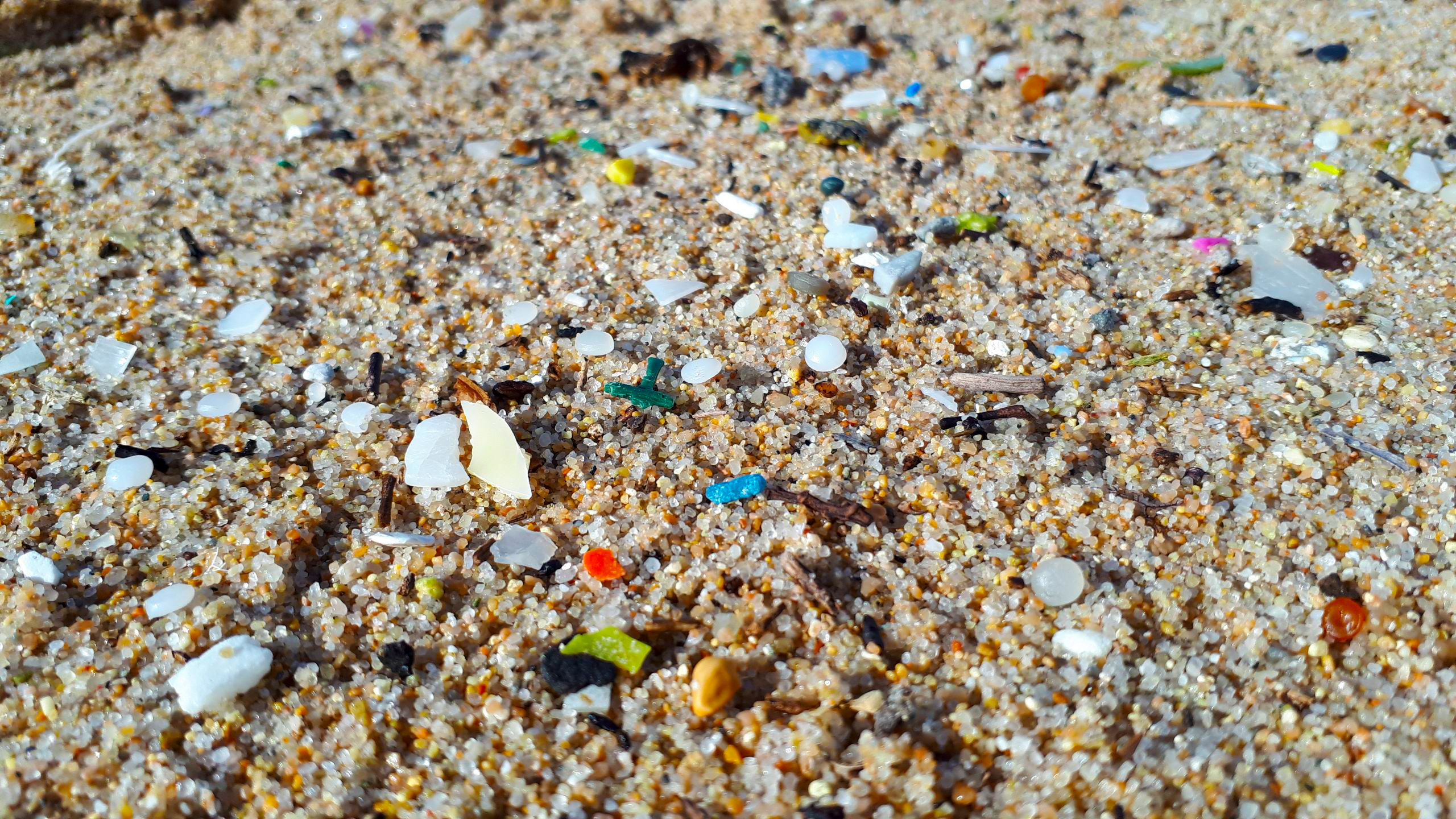 Marine Litter is globally acknowledged as a major societal challenge of our times due to its significant environmental, economic, social, political and cultural implications. The Mediterranean is one of the most affected seas by marine litter worldwide and it is clear that prevention and mitigation measures are urgently needed.
Marine Litter is globally acknowledged as a major societal challenge of our times due to its significant environmental, economic, social, political and cultural implications. The Mediterranean is one of the most affected seas by marine litter worldwide and it is clear that prevention and mitigation measures are urgently needed.
On the 26th of January 2022 a new project entitled Plastic Busters CAP kicked off. Plastic Busters CAP aims to facilitate decision-makers and stakeholders in effectively tackling the problem of marine litter by integrating EbM (Ecosystem-Based Management Approach) into ICZM (Integrated Coastal Zone Management) planning towards good environmental status.
The project seeks to consolidate and fully exploit the knowledge obtained by five relevant projects in order to develop tailored-made capitalization actions that will create the enabling conditions for a societal shift towards sustainable consumption and production patterns, and a truly circular and green economy. In the long-term, the project will contribute to enhancing ecosystem services via a reduced leakage of marine litter and marine plastic pollution in the Mediterranean Sea and reduced emissions of greenhouse gases by a wise use and sustainable disposal of plastics.
Plastic Busters CAP is a 24 month-long project, with a total budget of € 1.1 million and is co-funded by the European Union under the ENI CBC MED Programme 2014-2020. Plastic Busters CAP brings together partners from 7 countries of the Mediterranean region, namely Egypt, Greece, Italy, Jordan, Lebanon, Spain and Tunisia.
The backbone of Plastic Busters CAP is the Interreg Med Plastic Busters MPAs; both projects are implemented within the framework of the UfM labelled Plastic Busters initiative that addresses the issue of marine litter and plastic pollution in the entire Mediterranean region. Plastic Busters MPAs implemented pilot marine litter monitoring and mitigation actions in northern Mediterranean countries (Albania, Croatia, France, Greece, Italy, Montenegro, Spain, Slovenia), while Plastic Busters CAP will replicate such actions in southern Mediterranean countries, namely Egypt, Jordan, Lebanon and Tunisia.
The Plastic Busters MPAs partners, UNISI and MIO-ECSDE are leading members of the Plastic Busters CAP consortium. UNISI is the coordinator of the project, while MIO-ECSDE is leading the marine litter monitoring and assessment component of the project. The other 5 partners of the project are: Legambiente Onlus (Italy), Higher Council for Scientific Research – Institute of Marine Sciences (Spain), El Ramis Society for Local Community Development of Barrany (Egypt), National Institute of Marine Sciences and Technologies – Department of Marine Environment (Tunisia), Tyre Coast Nature Reserve (Lebanon), University of Jordan – Aqaba Branch Faculty of Basic and Marine Sciences, Department of Marine Biology (Jordan).
The main expected results of the project are:
- 4 national hands-on training activities on marine litter monitoring and assessment
- 1 e-course on marine litter monitoring and assessment
- 4 pilot marine litter monitoring and assessment campaigns
- 4 national hands-on training activities on marine litter prevention and mitigation measures
- 1 e-course on marine litter prevention and mitigation measures
- 4 demos showcasing marine litter prevention and mitigation measures
- 1 roadmap on marine litter policy priorities
- 1 coastal cities network for a litter-free Mediterranean
Read in French here